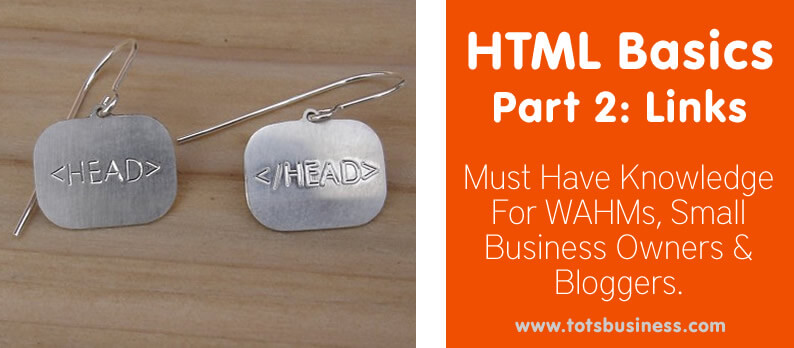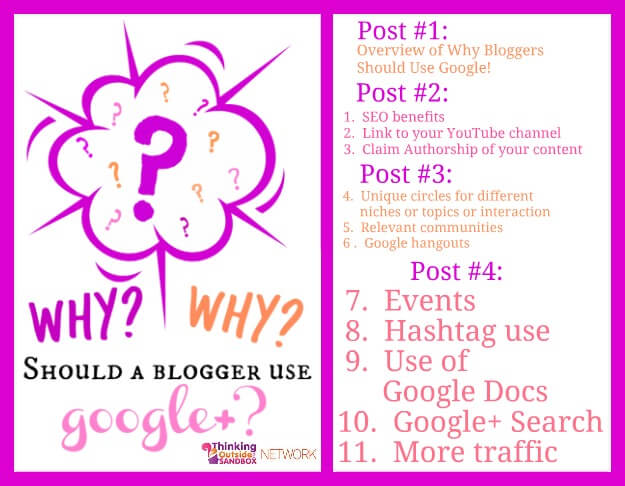Copycats are looked down upon across all walks of life. These are the people who refuse to or are incapable to produce original and unique works of art, literature etc. They are like parasites relying on other people’s ideas and expressions to compose their literary works or create any work of art or fiction.
However, there’s a thin minority who do not copy and paste deliberately but wind up plagiarizing just because they do not know how to check the originality of the literary creations or academic thesis. If you are an academician or web copywriter concerned about the originality of your academic work or web copy, you should adopt the right measures to eliminate plagiarism from your work. ‘Plagiarism’, the term, has the highest implications in two fields, education and digital copy writing/marketing. If you are an academician or web writer, you should know how to avoid plagiarism.
Academic plagiarism – the known evil
In the academic world, plagiarizing is going against the century-old academic norms and ethics. Nearly all universities have clear guidelines and anti-plagiarism policies in place. Like campus bullying or baiting, plagiarism is also hated by university instructors and students with moral excellence. In the academic periphery, a good student is defined by his conduct on and off the campus, his performance and his originality and clarity of thoughts. There are many students who want to game examiners by copying and pasting from other people’s works, with a faint hope that their teachers won’t be able to find the original counterparts of the information or arguments they have furnished in their papers. But this does not happen, and the accused students often have to face the music.
Web content plagiarism – polluting the web
Plagiarism is also a no-no in the world of web writing. Top search engines take stringent steps against sites that contain duplicate content. On the other hand, there are instances of web copy writers given the sack for breaching the professional code of conduct. There are many impudent web writers new into this profession who think copying and pasting from Wikipedia and other authoritative sites does not fall under the definition of web plagiarism. However, in reality, these information excerpts are also identified as Google Bot as plagiarized content. Sites containing content sourced from Wiki and other sites verbatim are often railroaded by Google and other major search sites. Therefore, web content writers should know what they are doing and should avoid plagiarism at all costs.
How to avoid plagiarism?
How to make sure that your writing is not copied from anyone else’s work, and testify its originality? There are online plagiarism checkers that are a definitive answer to this widely resonating question. You can effective keep chances of plagiarism at bay by using these web-based applications. These software applications can match your text with texts from all over the world of web and can calculate the percentage of plagiarized content (and return with zero value) within a few seconds. Moreover, you can get detailed report after the plagiarism check is over.








